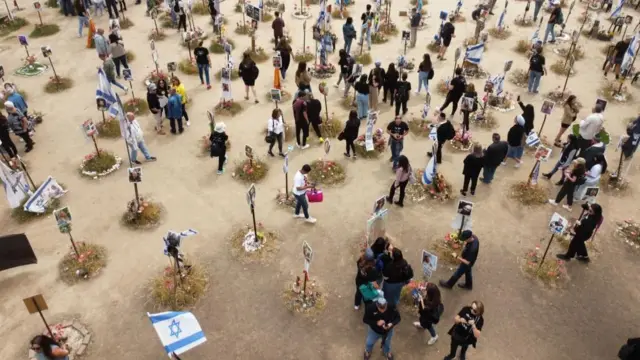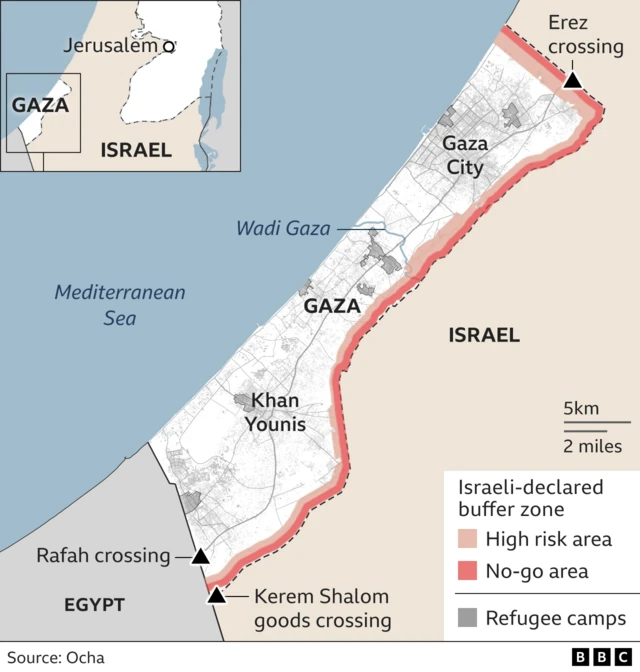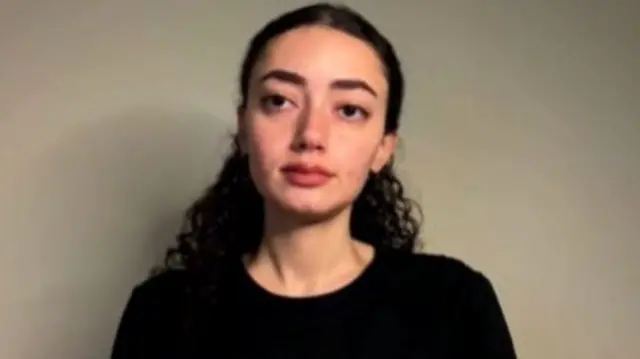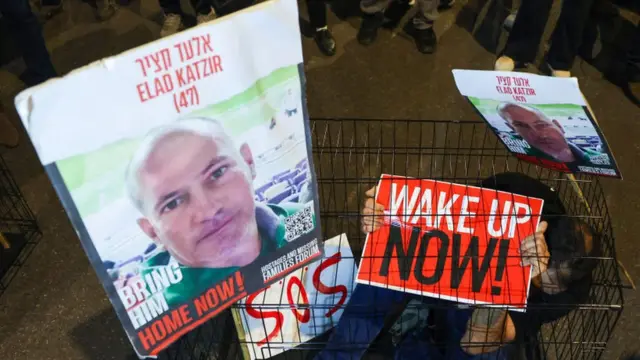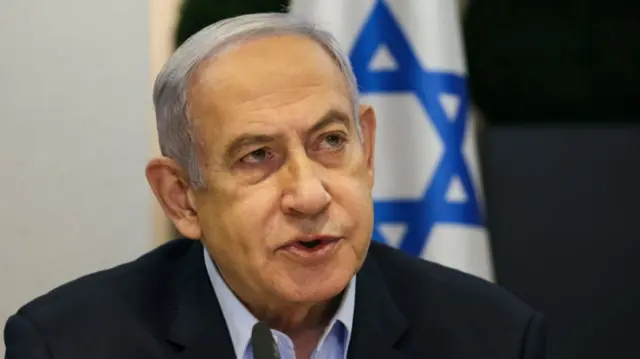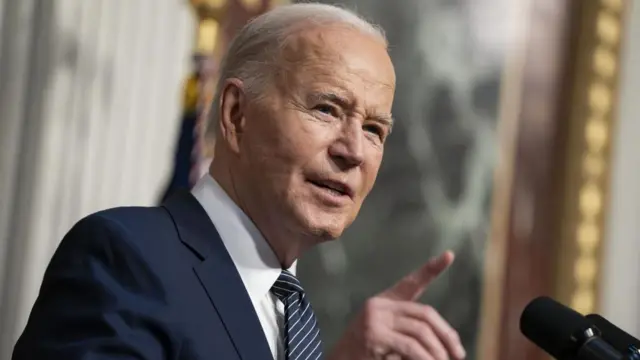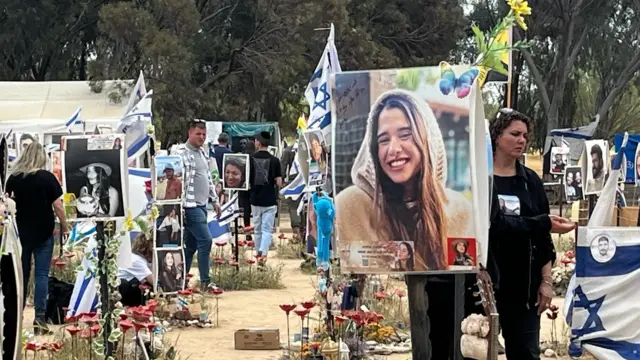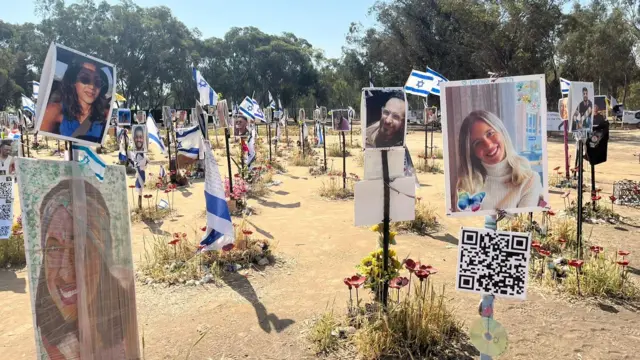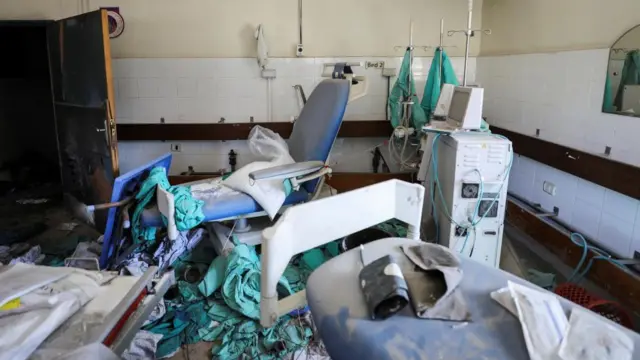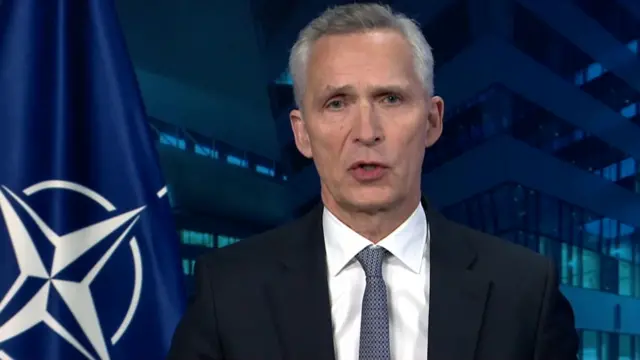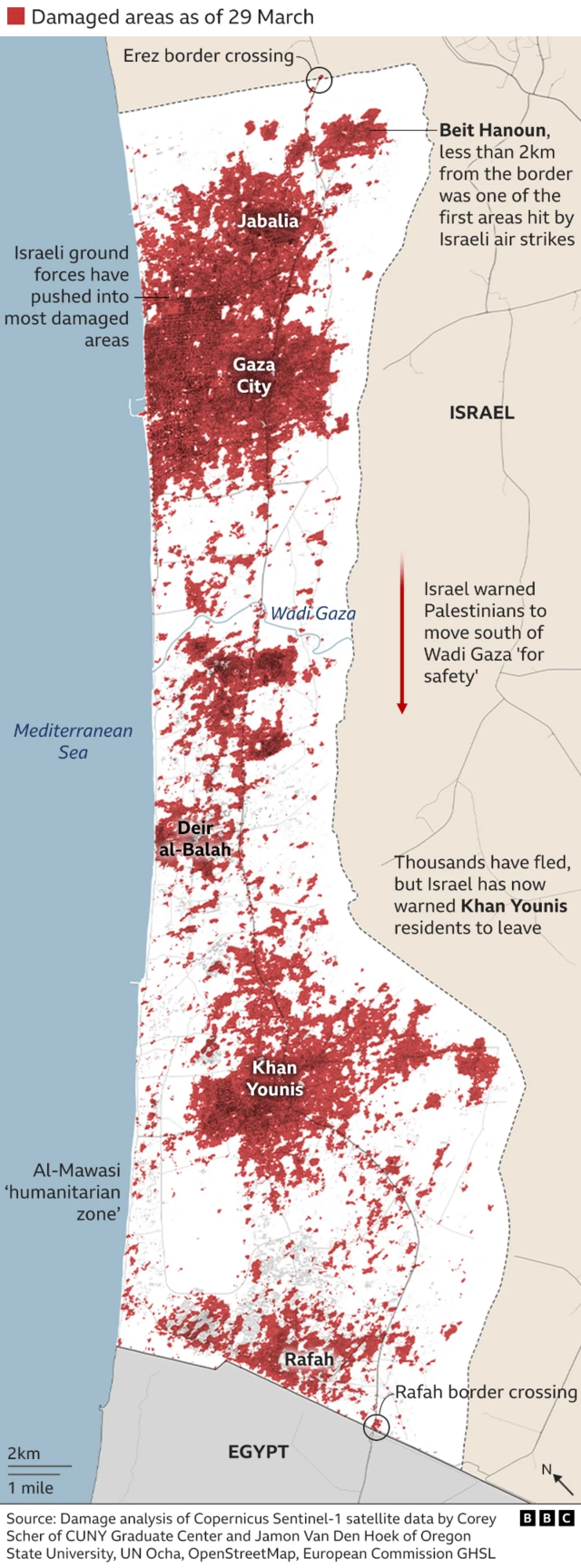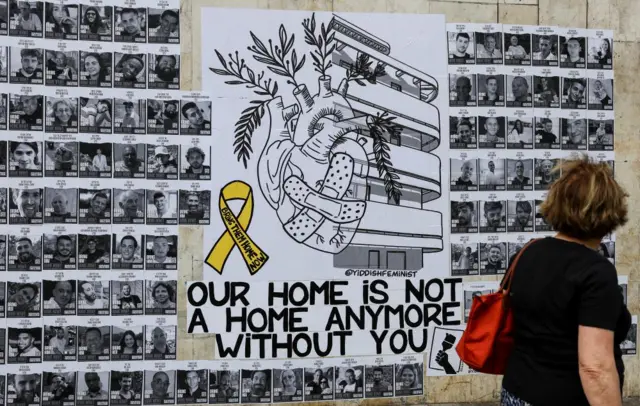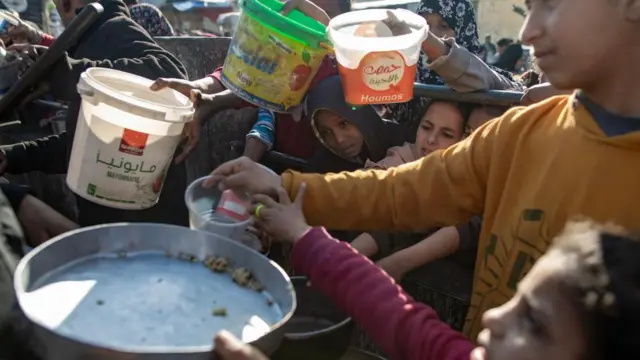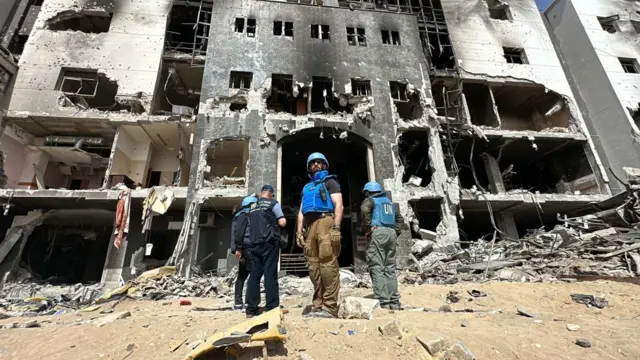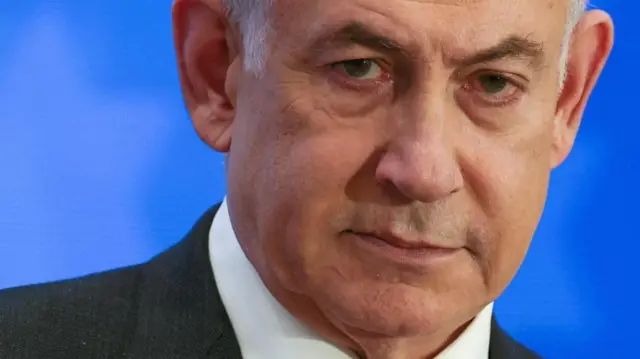
How much of the Hamas tunnel network has been destroyed?published at 14:20 BST 7 April 2024
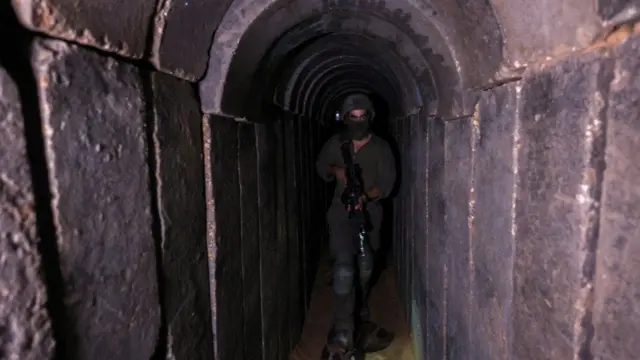 Image source, Reuters
Image source, ReutersHamas has said its tunnels stretch for 500km, although it's not possible to verify this
As we've been reporting, the Israeli military says it is regrouping its troops and rotating them out of southern Gaza as it prepares for "another stage in the war".
With that in mind, let's consider how far Israel's got to with achieving one of its stated war aims: to destroy the tunnel network beneath Gaza used by Hamas to move goods and people.
In order to try to assess this, BBC Verify has reviewed all the Israel Defense Forces' comments on the messaging app Telegram referencing tunnels in Gaza, between 7 October 2023 and 26 March 2024.
Of these, 198 mentioned the discovery of tunnels, where the army said it had located tunnels or tunnel shafts. Another 141 messages claim that a tunnel has been destroyed or dismantled.
Most of those did not give precise details or specific locations, so it is not possible to corroborate the extent of the network the IDF has uncovered or destroyed.
Of the messages analysed, 36 referenced striking a total of more than 400 tunnel shafts. However, equating a shaft with an entire tunnel would be misleading, says Dr Daphné Richemond-Barak, an expert on underground warfare who teaches at Reichman University in Israel.
The simple destruction of tunnel shafts leaves the network intact, she says.
"I don't think we've seen a lot of full destruction of tunnels in this war," she adds. The IDF told the BBC that their forces had "destroyed a great deal of the terrorist infrastructure in Gaza".
Hamas has previously claimed the tunnels stretch for 500km (311 miles).
